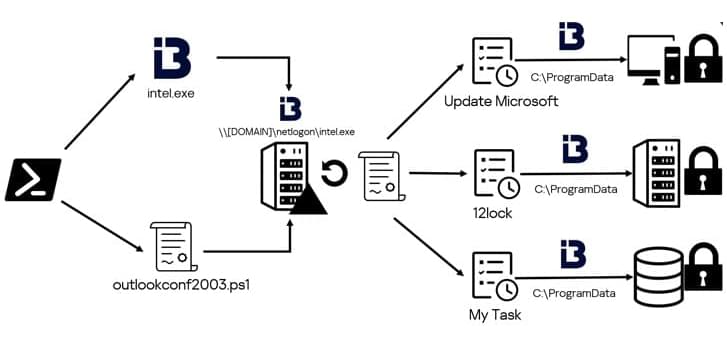
The potential pathways through which AI could help us escape a simulated reality are both fascinating and complex. One approach could involve AI discovering and manipulating the underlying algorithms that govern the simulation. By understanding these algorithms, AI could theoretically alter the simulation’s parameters or even create a bridge to the “real” world outside the simulation.
Another approach involves using AI to enhance our cognitive and perceptual abilities, enabling us to detect inconsistencies or anomalies within the simulation. These anomalies, often referred to as “glitches,” could serve as clues pointing to the artificial nature of our reality. For instance, moments of déjà vu or inexplicable phenomena might be more than just quirks of human perception—they could be signs of the simulation’s imperfections.
While the idea of escaping a simulation is intriguing, it also raises profound ethical and existential questions. For one, if we were to confirm that we are indeed living in a simulation, what would that mean for our understanding of free will, identity, and the meaning of life? Moreover, the act of escaping the simulation could have unforeseen consequences. If the simulation is designed to sustain and nurture human life, breaking free from it might expose us to a harsher and more dangerous reality.


















